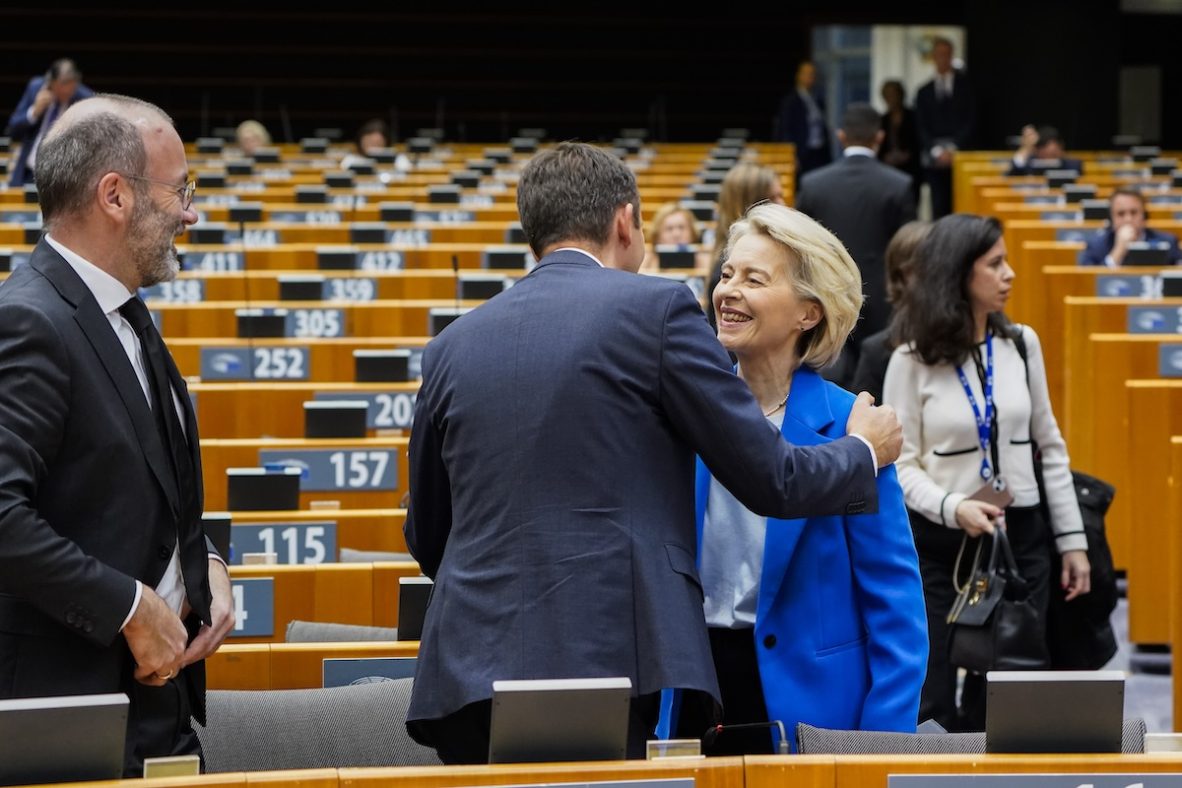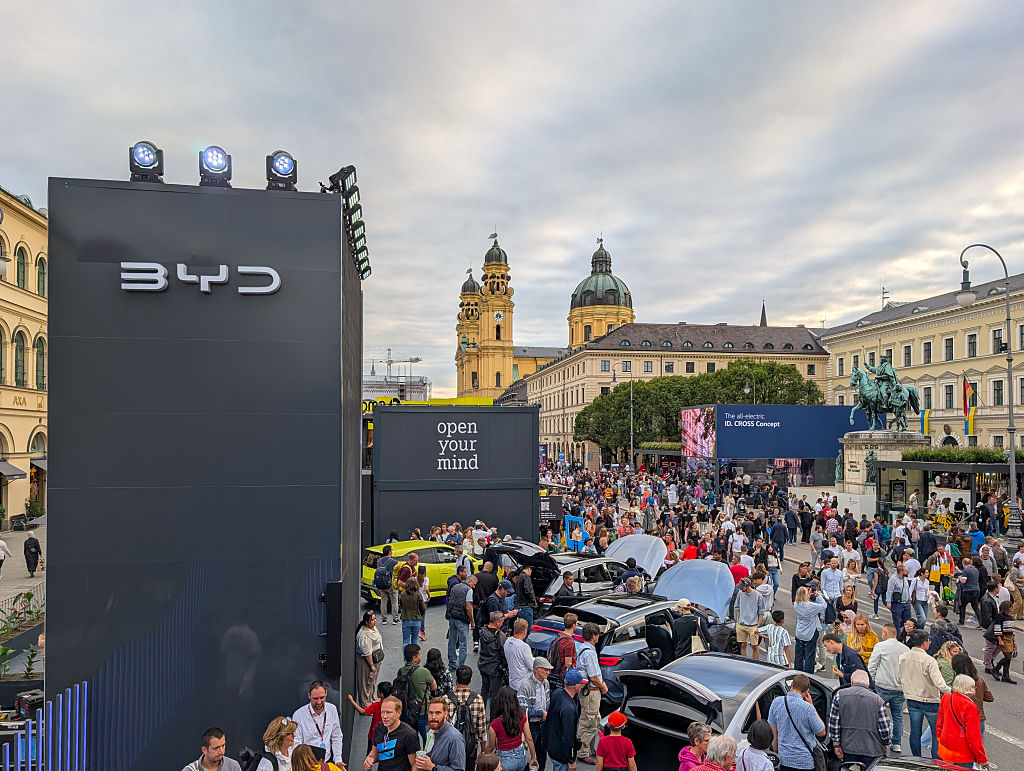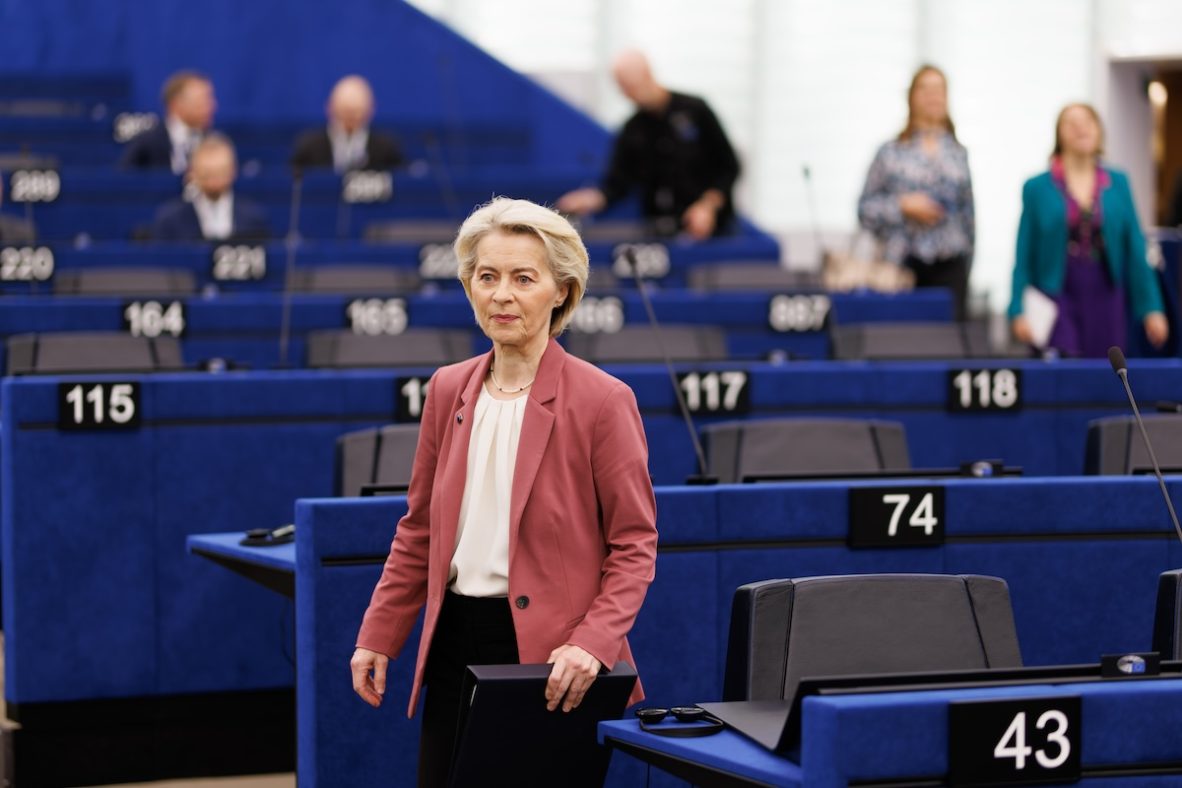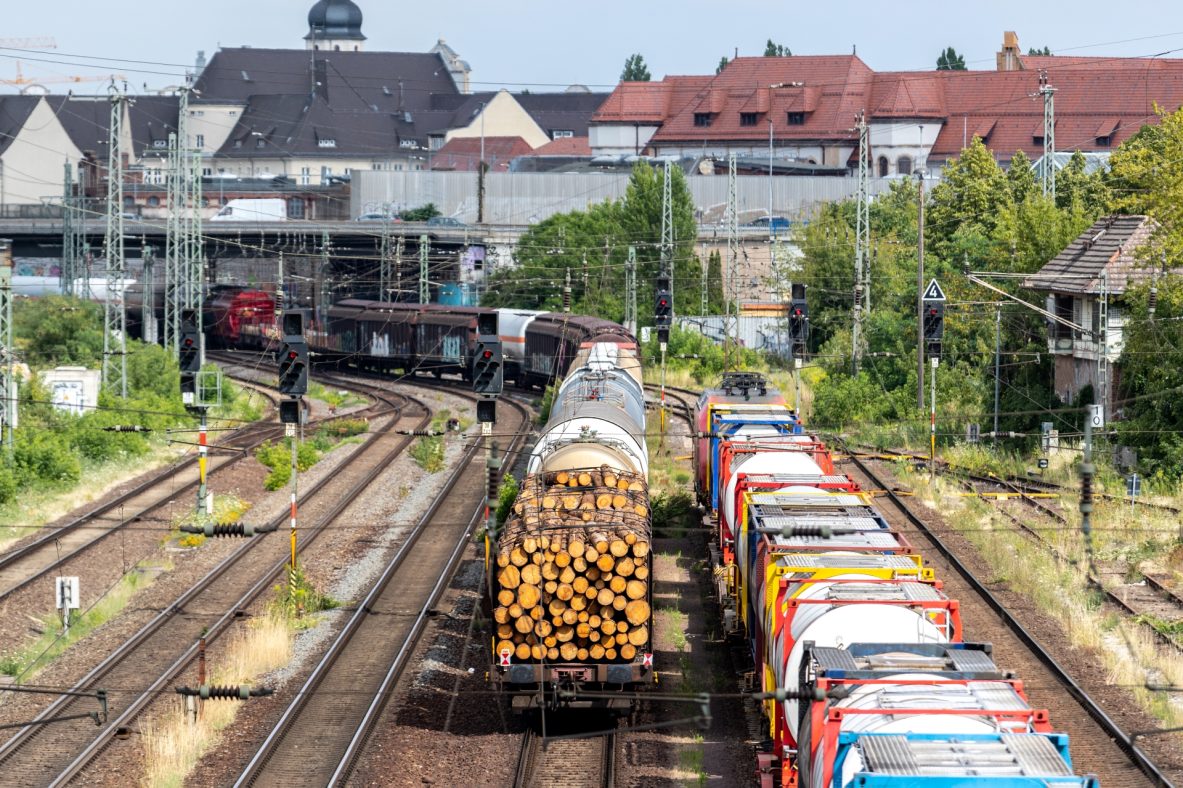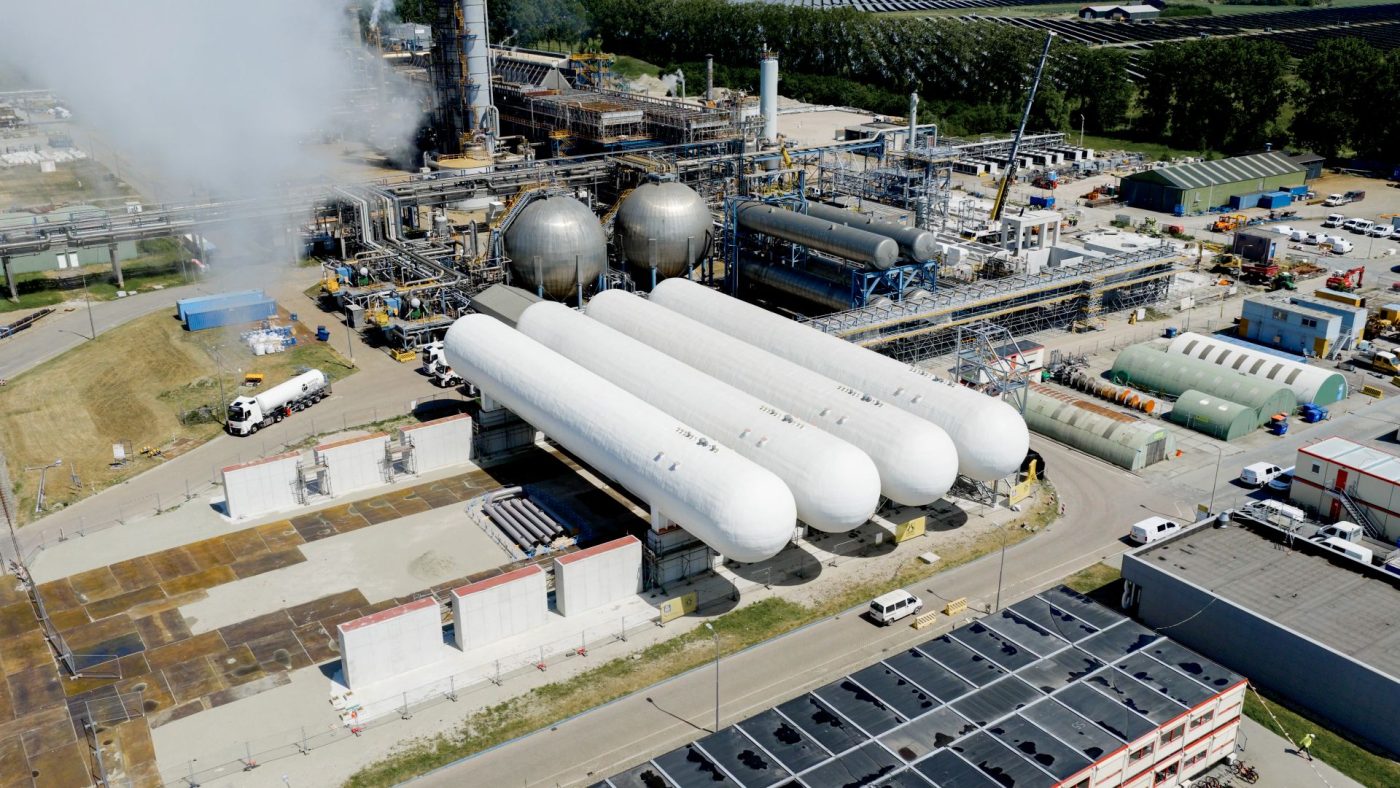France, Germany on defensive over industrial fund access for smaller EU states
Berlin, Paris and other major funders of the EU budget have moved to block divvying up funds along geographic lines

The EU’s richest countries are rebuffing a demand from the bloc’s smaller members to carve up a massive new industrial fund along geographic lines and are pushing for a ‘merit’ – based approach instead, according to officials involved in the talks.
The battle is at the heart of negotiations over the €234 billion industrial fund – dubbed the European Competitiveness Fund – which will be a major part of the EU’s next seven-year budget, running from 2028 to 2034.
The plan is to use the cash to break through Europe’s competitiveness crisis and lagging investments in green, defence, digital, space, and biotechnology. Ministers discussed the blueprint on Monday ahead of negotiations over the final design, which will run for the coming two years.
Germany, France, and other major funders of the EU budget have moved to block “geographic balancing,” which would split the pot so that poorer states get access irrespective of the strength of their projects. But the rich country blockade runs counter to the wishes of countries including Czechia, Slovakia, Poland and Portugal, already hit by massive regional and farmer subsidy cuts.
“Funding is like blood flow. We must not limit it for [certain] body parts,” said Latvia’s Jurģis Miezainis, the Parliamentary Secretary of the middle Baltic’s state’s economy ministry, warning against measures that would hurt poorer countries.
What’s more, Poland’s Minister of Finance Andrzej Domański said that his government “stresses the need for geographical balance within the fund”.
However, richer countries are against offering smaller economies more of the budget. Any exemptions to merit-based allocation “should be strictly regulated, properly justified and used for a bare minimum number of cases,” said Dutch minister Vincent Karremans.
The Netherlands was backed by key countries including France, Germany, Sweden, Finland and Austria, all among the top 10 richest EU countries, a severe blow to hopeful and less affluent countries.
Both Paris and Berlin are also against divvying up the budget along regional lines.
France “insisted” that the fund should focus on merit, said French industry minister Marc Ferracci. Allocations should be based on “technological excellence,” said German economy minister Katherina Reiche.
The bloc’s research or science ministers are set to discuss the proposed €175 billion Horizon Europe programme and its connection to the ECF on Tuesday.
(vib, jp)
